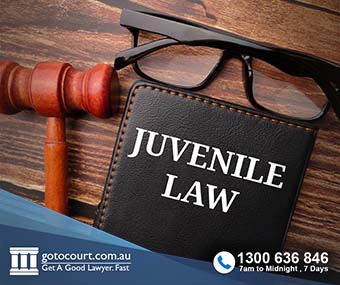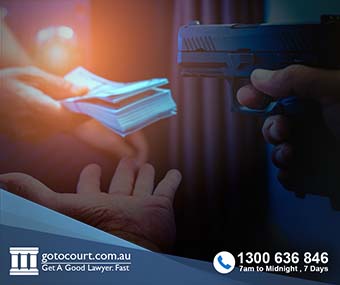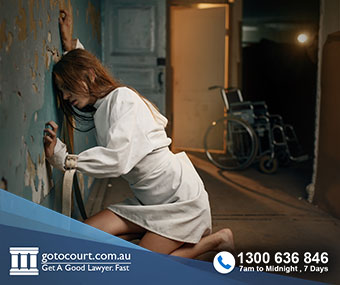Fitness for Trial in Tasmania
In Tasmania, as in other Australian jurisdictions, if a person is charged with criminal offences and there is doubt about their fitness for trial, this issue must be investigated prior to the criminal matter being determined. In Tasmania, the procedures for determining a person’s fitness for trial and what happens if a person is found to be unfit are set out in the Criminal Justice (Mental Impairment) Act 1999. This article deals with fitness for trial in Tasmania.
What is fitness for trial?
A person is unfit to stand trial if they are unable to:
- Understand the charge;
- Plead to the charge;
- Understand the nature of the proceedings;
- Follow the course of proceedings;
- Understand the effect of evidence given against them;
- Advance a defence.
Unfitness for trial can arise because a person is unable to communicate, where a person is intellectually disabled or where a person is mentally ill. The inability to recall events is not sufficient to amount to unfitness for trial.
Fitness for trial vs insanity defence
Unfitness for trial is quite different from the defence of insanity.
A person relying on the defence of insanity must establish that they did not have the ability to understand what they were doing or to understand that what they were doing was wrong. This may have been the case even if, by the time the matter is in court, the accused no longer has a mental impairment, or the mental impairment has lessened.
When a person’s fitness for trial is at issue, their mental state at the time of the alleged offence is irrelevant. The issue is whether they are capable of understanding and participating in the proceedings.
There will, however, be matters where both fitness to plead and the defence of insanity are live issues.
Process for determining fitness for trial in Tasmania
The defence or prosecution may apply to have the issue of an accused person’s fitness for trial reserved for consideration by the court. The court may also reserve the question of fitness for trial at its own initiative. This can occur at any stage in a criminal proceeding, including after the trial has commenced.
If the accused’s fitness for trial is in dispute, the issue will be determined in a special hearing where the court will hear evidence and submissions from both parties and may call evidence on its own initiative. The accused may be required to undergo an examination by a psychiatrist or another expert.
The special hearing will be held in the Magistrates Court if the criminal matter is to be finalised in the Magistrates Court, or in the Supreme Court, if the criminal matter is to be determined there.
If the defence and prosecution are in agreement that the accused is unfit for trial, no investigation is necessary.
Fitness for trial in the Magistrates Court
Unlike some other jurisdictions, Tasmania has no provision for a summary criminal matter to be dismissed on the basis of the accused’s mental impairment without the need for a special hearing. It has been proposed that such a provision be introduced to allow greater flexibility in summary matters where it appears the accused is unfit for trial as special hearings are expensive and time-consuming.
Process after a person is found unfit
If a person is found to be unfit for trial in Tasmania, the court will consider whether they are likely to become fit for trial in the next 12 months. If this is likely, the matter will be adjourned for up to 12 months. If the accused is unlikely to become fit for trial within 12 months, the matter will proceed to a special hearing.
At the special hearing, the court will determine whether the accused is not guilty of the offence (despite their unfitness for trial). This may result in a finding that the accused may be found not guilty or found not guilty on the ground of insanity. Alternately, the court can find that a finding of not guilty cannot be made. If the accused is found not guilty, they will be discharged in the same way as when a person is found not guilty through the ordinary criminal process.
If the accused is found not guilty on the ground of insanity, the court must deal with them under section 21 of the Criminal Justice (Mental Impairment) Act 1999, which empowers a court to make a range of orders, including an order that the accused be released conditionally or unconditionally.
A person found not guilty of an offence on the ground of insanity in Tasmania may also be placed on a restriction order or a supervision order. A restriction order requires the person to be detained in a secure mental health facility. A supervision order releases them under the supervision of the Chief Forensic Psychiatrist. These are indefinite orders that can only be revoked by the Supreme Court.
If you require legal advice or representation in any legal matter, please contact Go To Court Lawyers.








